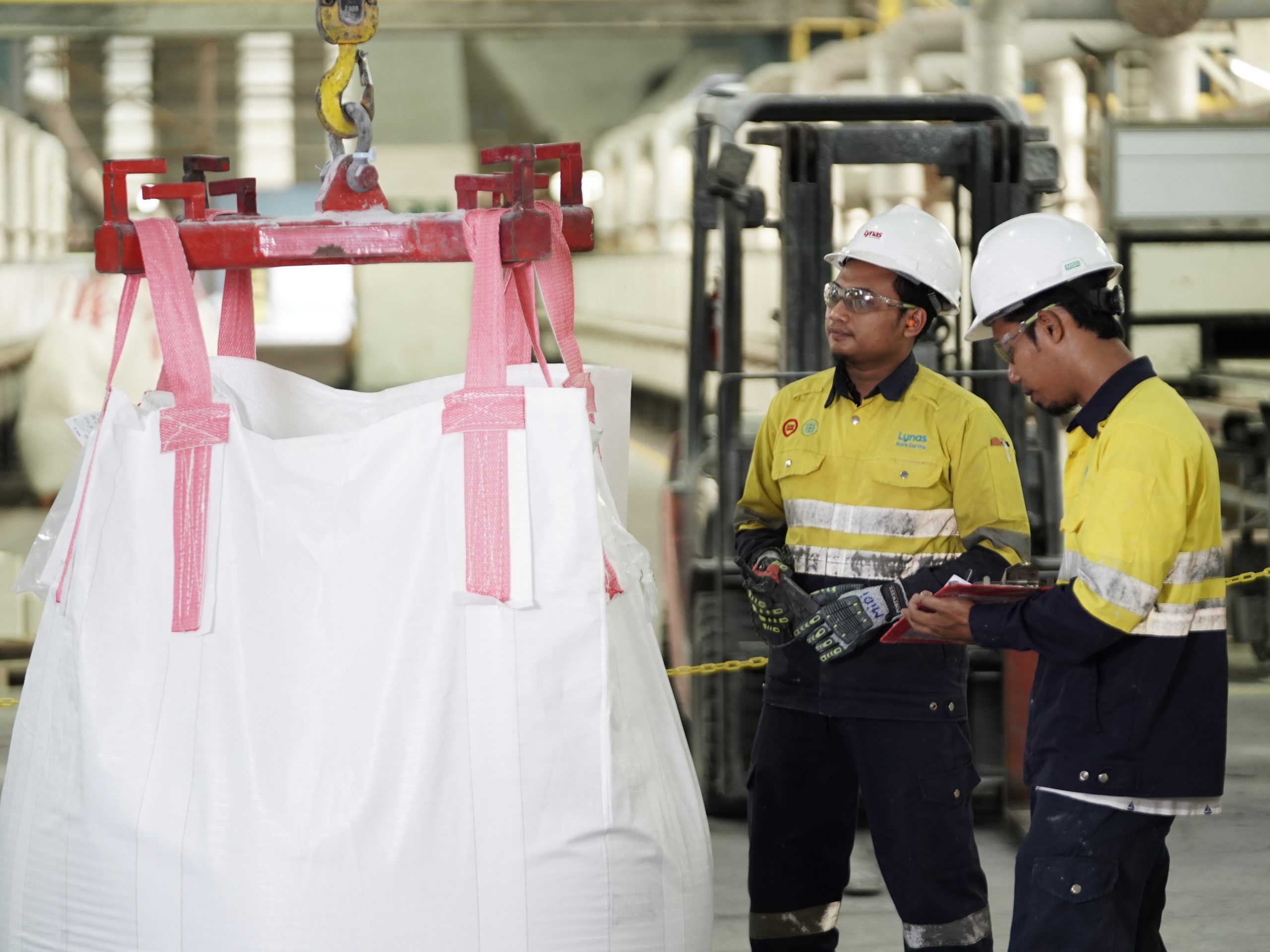Lynas Malaysia Sdn Bhd is deeply concerned by the publication of false statements about its operations. Lynas calls on the media to check the facts and verify the authenticity of reader contributions before they are published.
Over the past two weeks, a number of factually inaccurate and defamatory, articles, letters to the editor and “reader comments” have been published.
Lynas welcomes informed discussion and debate, however, it is not ethical nor proper to allow false and defamatory statements, from either known or uncertain sources, to be published.

Most recently, on 27 February 2023, a Malaysian online publication, Malaysiakini published a letter to the editor that included statements that were seemingly intended to spread untruths, and lies and incite fear about Lynas Malaysia’s operations.
The author in question does not purport to have any relevant expertise in the production and manufacturing of rare earths. It is irresponsible journalism for his opinions, which are factually incorrect, to be afforded the prominence provided by the media in Malaysia, in particular, by Malaysiakini, in what appears to be a deliberate and sustained campaign to smear the good reputation of Lynas Malaysia Sdn Bhd and Lynas Rare Earths Ltd over the years.
This letter is the latest in a series of letters and social media posts from unknown, untraceable and unqualified sources. The renewal of the Lynas operating licence is a serious and important matter, particularly for Lynas employees, contractors, suppliers and local communities, all of whom support the continuation of Lynas operations in its current form. These groups are public in their support of Lynas and identify themselves and their relevant credentials. This supports the legitimacy of their views.
Four scientific reviews, including by the Malaysian Government’s 2018 Executive Review Committee and the International Atomic Energy Agency (IAEA), have found the Lynas Malaysia factory to be low-risk and compliant with relevant regulations. These reviews have all been made public including to such publications as Malaysiakini.
Lynas provides the following facts to address misinformation included in the recent letter:
| False Claim | The Truth |
| X Lynas is “dumping nuclear waste” in Malaysia – False | The Malaysian Government’s 2018 Executive Review Committee confirmed that Lynas Malaysia is a chemical plant producing rare earths, not a nuclear plant, therefore it cannot produce nuclear Lynas refines rare earths at the plant and international best practice is that the residues of industrial processing are managed in the country where the processing takes place. |
| X Lynas’ operations come at the cost of everyday Malaysians – False | This is not a choice between the economy or the Lynas has operated safely for over 10 years and this has been validated by 4 scientific reviews, including the 2018 Executive Review Committee and the IAEA which found radiological risks to people and environment from the plant to be “intrinsically low”. The Department of Atomic Energy regulates many companies in Malaysia who process minerals containing Naturally Occurring Radioactive Material (NORM) including amang processing and tin and mineral sands mining. The closure of the Lynas cracking and leaching plant will seriously affect the thousands of everyday Malaysians whose livelihoods depend on its continued operation. |
| Lynas’ radioactive waste is harmful to Kuantan and its people – False | The very low level NORM in the WLP residue produced at Lynas Malaysia is comparable to radioactivity in the rock phosphate fertilizer that Malaysia imports each year and uses in agricultural farming. Over 10 years of radiological and environmental monitoring onsite and up to 20km from the plant has shown no increase in background radiation. |
| X Lynas is like Asia Rare Earths in Bukit Merah – False | The Executive Review Committee found “significant differences between the raw materials and residues produced by Asian Rare Earth (ARE) and LAMP”. |
| X Lynas’ radioactive waste is about 60 times more radioactive compared to Asia Rare Earths – False | The opposite is true – the radioactivity of Asia Rare Earth residues is around 50 times higher than Lynas residues. |
| X Exposure to Lynas residues over time increases the risk of developing cancer and other serious health problems, posing serious risks to workers and surrounding communities – False | The Executive Review Committee found employees’ exposure to radiation to be below permissible exposure limits and medical surveillance of employees did not show any occupational related safety and health issues.. The ERC report also noted: “Based on the radiation exposure data provided by the AELB, the Ministry of Health concluded that the “radiation levels are too low to cause negative effects on health of the people living near the Gebeng Industrial area”. |
| X The local community is concerned about contamination from Lynas and that it could affect fishing and tourism | Speaking at the recent peaceful rally in Kuantan, Dato’ Shaharuddin Shamsuddin, Entrepreneur, Community Spokesperson and Resident of Kampung Balok, commented: “the ones who are strongly against Lynas and saying they are not safe and so on, are not even people living in Balok….“This Kampung 30 years back used to be a fisherman village but now it has grown into a small town. There are many facilities here now because of all the factories that are operating here such as Lynas. Their prosperity has overflowed to the local population.” |
| X Lynas is associated with low safety standards and is seen as posing a danger to the very future of the country | The safety of our people, communities and the environment is always our first priority. Lynas has never been involved in an incident resulting in harm to public health or the environment, reflecting the strength of our processes and policies. Lynas has been audited regularly by the relevant regulators and satisfied all the necessary safety standards. There is no evidence to support these false assertions. |
Source: Lynas Malaysia
